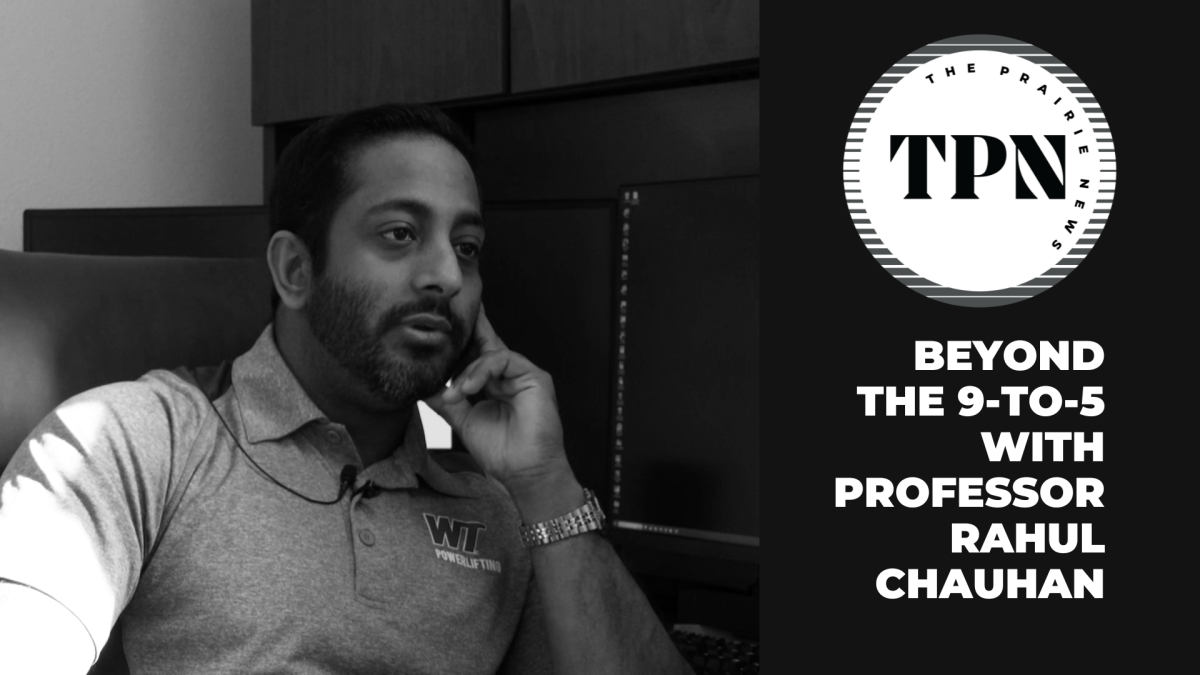
“Lincoln,” a film directed by the critically acclaimed Steven Spielberg documents President Lincoln’s last months in office. During this time, Lincoln tries to unite the country while ending the war and abolishing slavery.
The film stars Daniel Day-Lewis, who plays Lincoln himself, Sally Field, who plays his wife Mary Todd Lincoln, and Joseph Gordon-Levitt, who plays Lincoln’s first born son. Lewis plays a heart-wrenching honest portrayal of the president. Throughout the movie he is mostly quiet, yet when the moment calls he is wrapped up in a whirlwind of exciting monologues that grasp the audience’s attention. In one of the scenes, Lincoln is sitting with his cabinet listening to them argue whether or not to try and pass the Thirteenth Amendment. He sits there quietly until he speaks, boldly interrupting the men. His powerful, commanding voice demands attention and convinces his fellow cabinet members to vote his way.
Unlike Lincoln being a vampire hunter, this film focuses on Lincoln trying to pass the Thirteenth Amendment through the United States House of Representatives. Lincoln wants to pass the Thirteenth Amendment through the House before the war ends so the already freed slaves won’t go back to slavery. Even if the Republican Party all voted to pass the amendment, Lincoln’s cabinet still would need votes from the Democratic Party.
Most of the movie follows his cabinet trying to vie for votes, but as they do so, multiple events take place to prevent this from happening. Since some of the Democrats lost their re-election when Lincoln was elected for a second term, he decides to use this to his advantage. Seeing as they will need jobs, why not give them a job in return for votes in favor for the Thirteenth Amendment? Lincoln befriends the Republican Party Founder Francis Preston Blair and relies on his influence toward other members of the party in hopes that he can sway them toward voting the amendment through.
The movie continues with the Confederates wanting to meet with the president, but are kept out of Washington due to the amendment wanting to be passed. Although the confederates only wanted peace, it would persuade both the Democratic and Republican parties to postpone the voting on the Thirteenth Amendment. Eventually the amendment will be passed and the movie shifts to the battle at Petersburg, Virginia. Shortly after, General Grant receives General Lee’s surrender. This marks the end of the war. Sadly, the movie ends with the revealing news that President Lincoln has been shot.
Overall the movie was a touching and real experience that connected the audience with a part of their nation’s history. The actors delivered their parts to where it was not only believable, but well worthy of their Oscar win. You don’t have to be a history buff to connect with this film; anyone can watch it and be touched by this compelling story.








